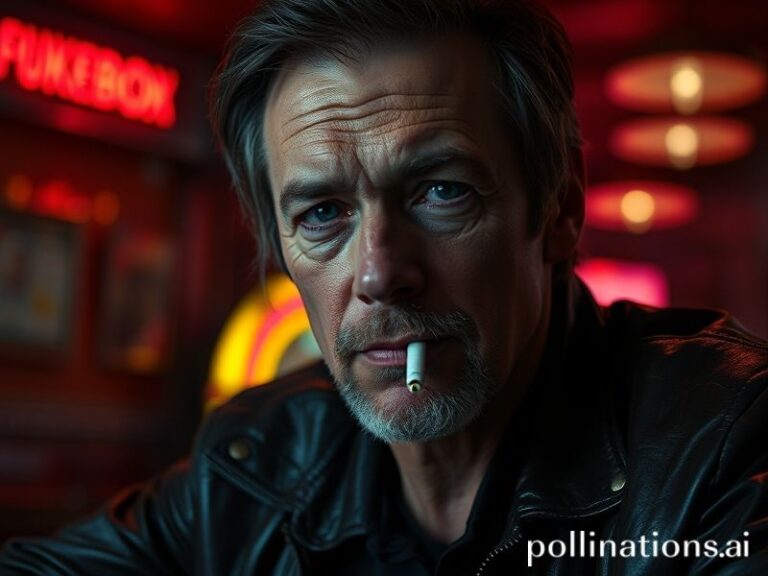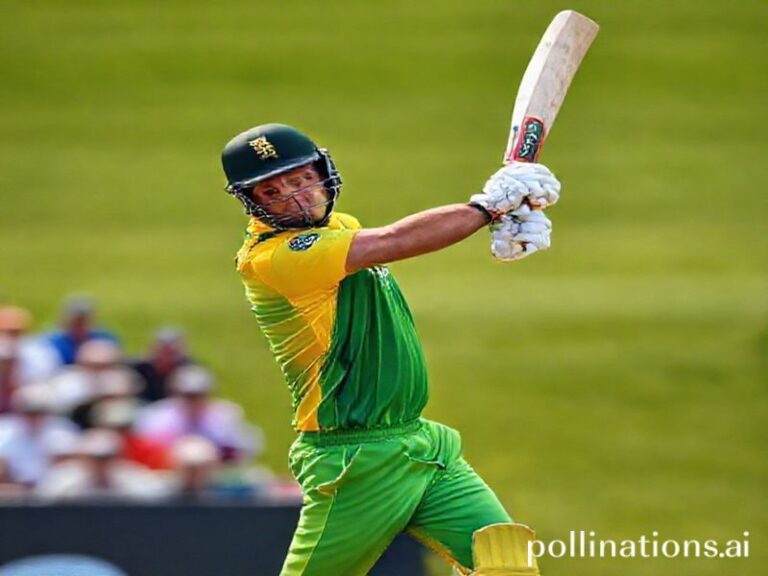Mikel Arteta: The Low-Key Geopolitician Running Global Soft Power from the Arsenal Bench
Mikel Arteta, the accidental geopolitician, is currently conducting a real-time experiment in soft power from a bench in North London. While the rest of us doom-scroll through tariff wars, coups, and that inexplicable new TikTok dance, Arteta has quietly turned Arsenal Football Club into a multilateral alliance that would make the UN Security Council blush with envy.
Consider the roster: a Bukina Faso–born winger (via Belgium), a Norwegian terminator who answers press questions like a Nordic noir detective, and a goalkeeper whose distribution stats are tracked by bond traders because, yes, his passes apparently move currency markets in Southeast Asia. Arteta’s locker room is less a dressing room and more a G-20 summit with shin pads. When he says “non-negotiables,” diplomats in Geneva reach for their notebooks.
This was not in the brochure when Arteta left Manchester City’s coaching womb in December 2019. Back then the planet was still naïve—pandemics were something other continents rehearsed for, and Arsenal were a meme with a cannon logo. The assignment looked simple: restore “the Arsenal way,” a phrase once mumbled by sepia-tinged men in flat caps who remembered when bread was rationed. Instead, Arteta has spent five years proving that if you stare long enough at a football club, it stares back at you like a broken mirror reflecting global anxiety.
Take his sideline wardrobe: the padded black jacket that makes him resemble a UN peacekeeper deployed to a particularly frosty conflict zone. Or the tactical briefcase he clutches like a nuclear football, inside which, one suspects, lie laminated contingency plans for supply-chain disruption rather than mere set-piece routines. Somewhere in Davos, Klaus Schwab is wondering why his own binder looks less important.
The football itself? High-line pressing as metaphor for open borders; inverted full-backs as commentary on flexible labor migration; set-piece choreography so intricate it could qualify for an OECD working paper on logistics efficiency. When Arsenal score from a corner routine involving six decoy runs and a mathematical model that once helped route container ships through the Suez, you half-expect the assistant referee to raise a flag announcing new IMF lending rates.
Meanwhile, the fan base has globalised into a mildly dysfunctional United Nations of entitlement. A kid in Lagos streams matches on 4G praying the data bundle outlasts the first half; a hedge-fund analyst in Connecticut toggles between live xG dashboards and soybean futures; a ramen-slurping insomniac in Tokyo curses Gabriel Jesus’s finishing in three languages. Their shared vocabulary now includes “left-side overload” and “Saliba progressive carry,” phrases that will surely feature in future trade-negotiation small talk. “We demand excellence,” they tweet in unison—an irony-free echo of every finance minister promising 3% growth while glaciers file for bankruptcy.
Arteta’s press conferences, conducted in trilingual soundbites, have become accidental TED talks on crisis management. Asked why his team conceded a last-minute equaliser, he references “emotional regulation” and “cognitive load,” vocabulary borrowed from NATO stress-testing manuals. Pundits translate this into tabloid English—“He’s lost the dressing room”—while diplomats recognise the cadence of a man who has read too many RAND Corporation PDFs at 3 a.m.
Off the pitch, Arsenal’s social-media team pump out anime-infused graphics to keep the algorithmic gods fat and happy. Somewhere in Silicon Valley, a product manager updates the monetisation slide: “Global fan engagement up 18%—Arteta factor.” Soft power, like xG, is useless unless you convert it.
And so we arrive at the existential punchline: in an era when nations weaponise memes and central banks treat football transfers as inflation indicators, Arteta is no longer merely a coach. He is a low-key geopolitical influencer, proving that if you want to understand how the world really works, ignore the communiqués from COP summits and watch instead how a 41-year-old Basque choreographs 11 millionaires into pressing triggers. The planet may be on fire, but at least the embers are arranged in a neat 4-3-3.
Conclusion: Should Arsenal win the Premier League this spring, expect the victory parade to be live-streamed in 194 countries, the open-top bus rerouted past embassies for photo-ops, and the trophy itself temporarily repurposed as a champagne-cooled lectern for a victory speech that will, inevitably, contain the words “unity,” “resilience,” and “non-negotiables.” Stock markets may wobble, crypto will do whatever crypto does, and somewhere a teenager in Jakarta will tattoo “Trust The Process” in Gothic font across a forearm. Because in 2024, geopolitics isn’t shaped in summits; it’s rehearsed on a Thursday night in Porto, where Mikel Arteta is busy proving that football, like everything else, is just another branch of international relations—only with better lighting and darker jokes.







